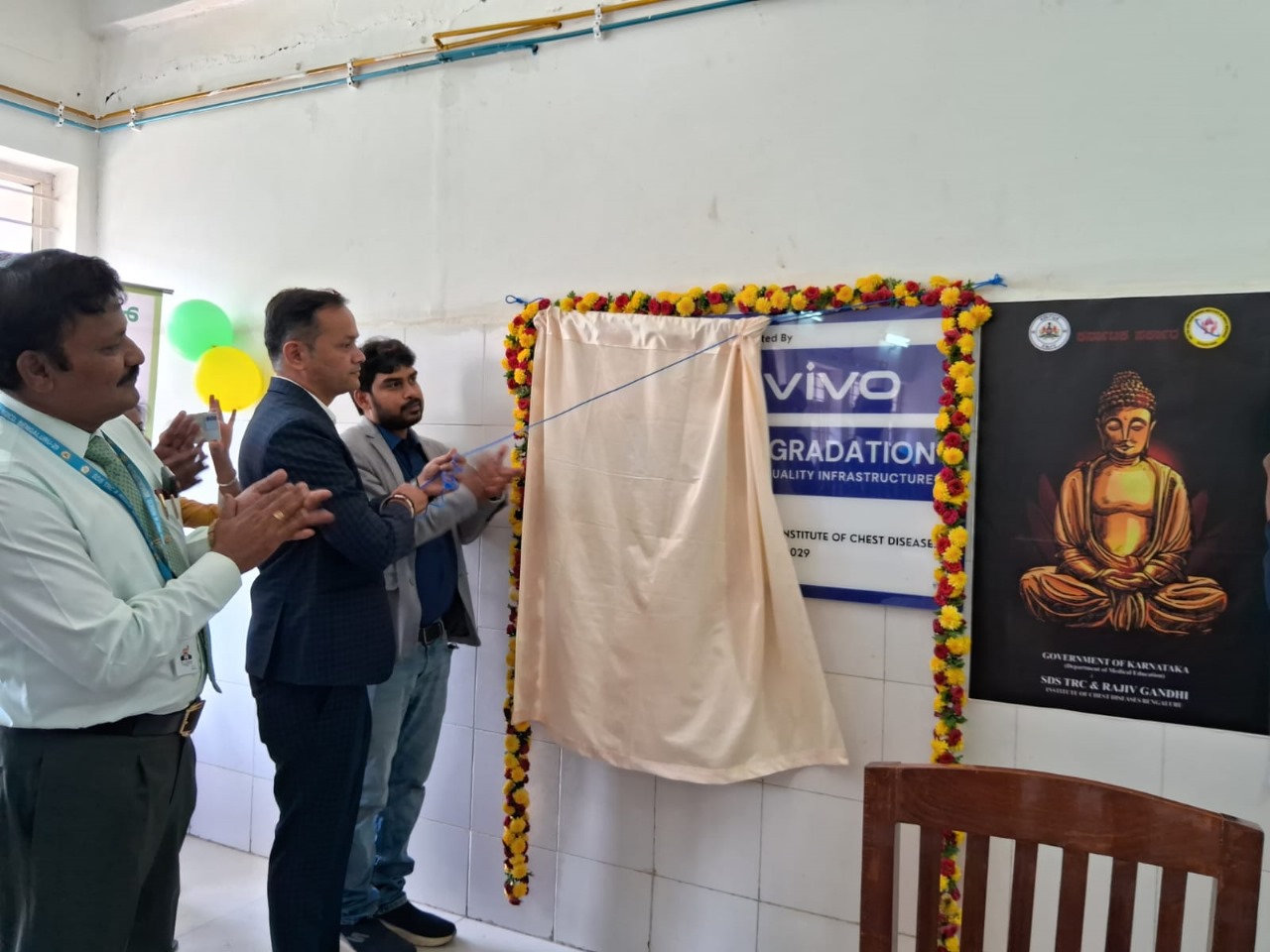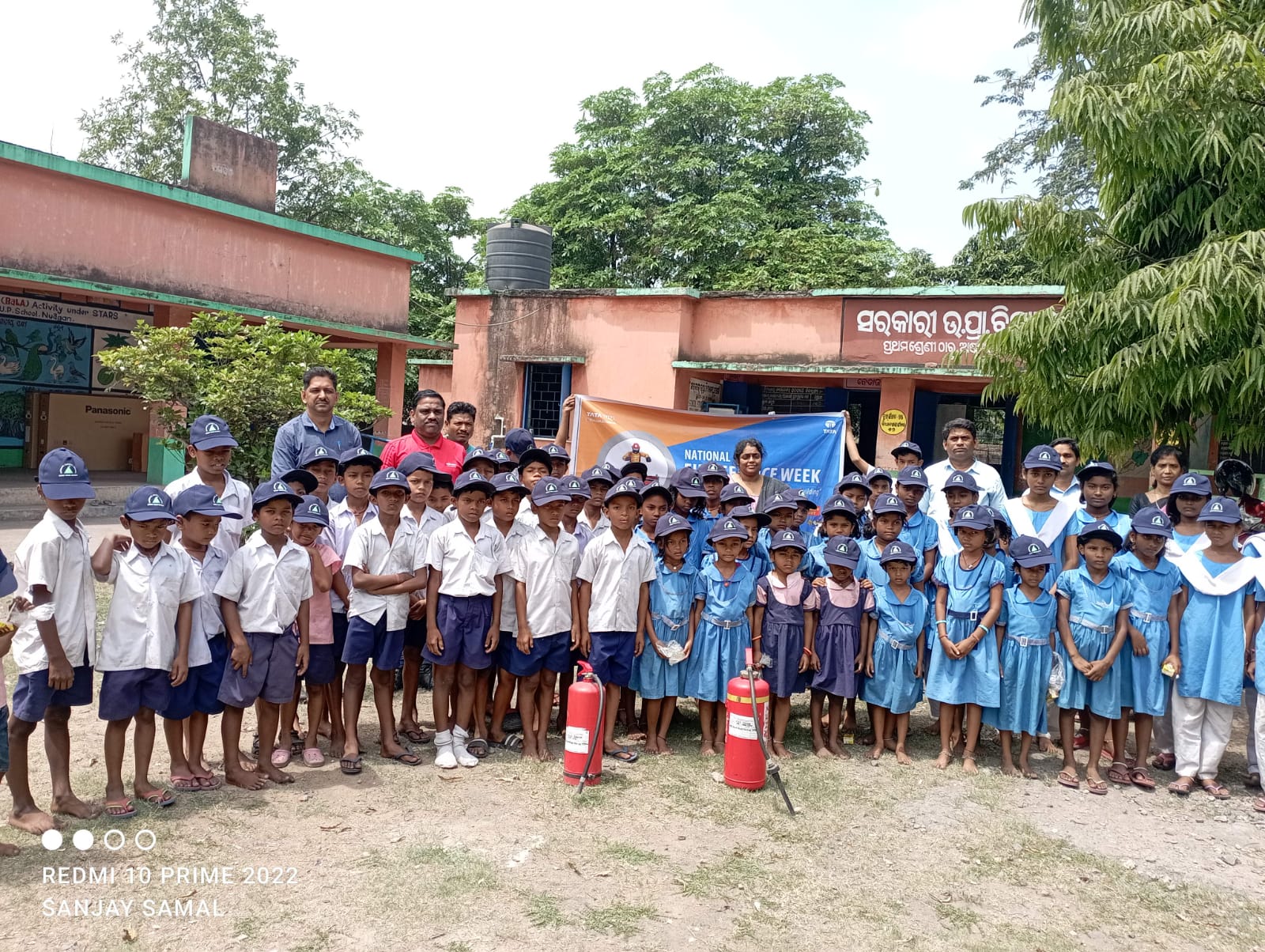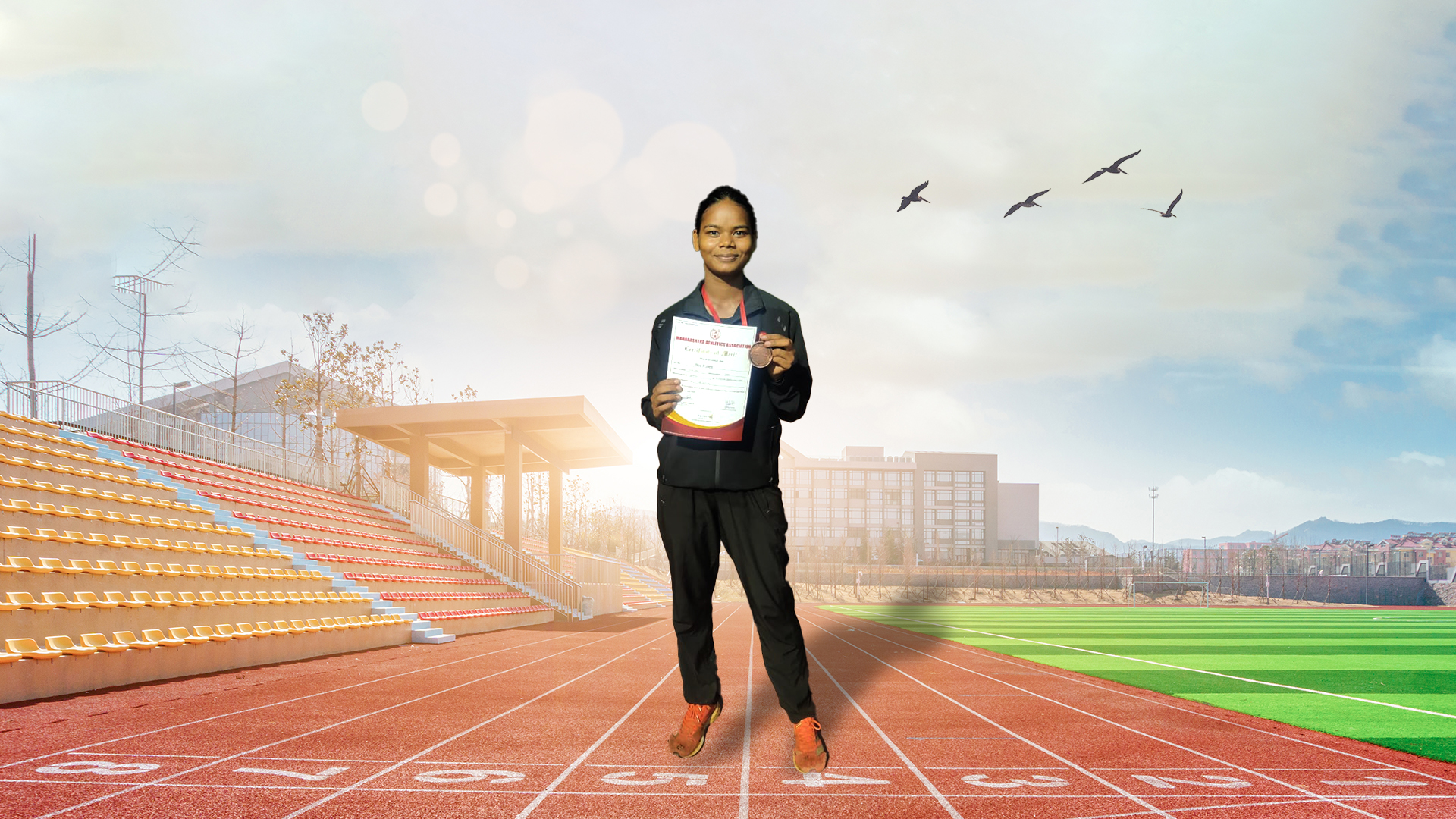Voicing the Unheard
By SM Sehgal Foundation
April 15, 2024

As connected and informed as we are nowadays, it is easy to feel overwhelmed by the changes happening around us. But many people need to be made aware of the rapid progress in various sectors of rural India; after all, the very base of a self-reliant India lies in our country’s rural areas, and even minor impactful developments contribute to the paramount growth of society.
Injustice does prevail in India, recalling an exhibit from the movie Taare Zameen par; when we think of an apple, we paint a red apple in our mind; similarly, when we think of rural India, we think of a poorly constructed cottage of illiteracy, kids impoverished and deprived of necessities, vulnerable women, and financially struggling farmers and vendors trying to make ends meet. How is this not an injustice if we refuse to broaden our perception? Injustice prevails in our minds.
While the infrastructural development in the rural regions might have a long road to construct, the cultural growth has helped the people of Nuh sleep with lighter hearts. From the bank of inspiring narratives, we bring a story of hope, a story of change, a story that everyone should know.
CR Connect (formerly known as Alfaz-e-Mewat) FM 107.8, a community radio established by S M Sehgal Foundation in 2012, has been quite popular in parts of Nuh, Haryana, Alwar and Deeg, Rajasthan. But what was its need?
In this era of social networking, radio has somehow lost its call for many; but in rural areas, community radio is still a medium of connecting with the world outside. CR Connect broadcasts for thirteen hours every day, seven days a week, reaching households in more than 300 villages. The radio station provides villagers with information and interactive discussions on various topics, such as the best practices in water management and conservation, health and sanitation, education, agriculture, environmental awareness, and local participation.
A Saga of Revolution
“If she wants to study, why would I not wish to fulfill her dream?” Yes, these were the words a father-in-law spoke for his daughter-in-law—an unusual story of Kalsum, a beacon of strength and hope.
Kalsum, an ASHA worker, has been residing in village Hamzapur, Firozpur-Jhirka, for seventeen years with her husband, five kids, father-in-law, and sister. Her husband is a daily wage worker, and her father-in-law is a farmer. The family is among the oldest of the listener community of CR Connect.
The unavailability of schools in the region prevented Kalsum from attaining the education she had always dreamt of. Married at a young age, Kalsum happily accepted her fate, supporting her husband by caring for her family and home.
Yet her father-in-law, Ahmed, had a different vision for her. When Kalsum was presented with an employment opportunity as a local health worker, Ahmed encouraged her to join and register herself as an ASHA worker.
On asking her reason for becoming an ASHA worker, Kalsum recalled the discrimination girls faced in their homes from a young age. The repercussions for economically backward families fall on the females of the household. Often boys are provided with nourishing food while girls are deprived of the same, from a belief that girls will not have to indulge in any physical labor as opposed to boys. Being part of a group that would help eradicate this distorted thinking, Kalsum took it upon herself to aid society and make a difference.
Women broadcasters play an active role in community radio for rural communication. They are invited to participate in conversations about local matters and share stories of empowerment and community engagement. In one of the episodes of “Saaf Safai and Sehat” (A program on health and hygiene by CR), Kalsum shared her viewpoint on the importance of women’s health and the work done by ASHA workers in promoting hygiene practices as well, the importance of nutritious food for children, especially young girls.
Kalsum now earns enough to support her family financially and educate her kids. Her job has helped her make a significant contribution toward the building of her own house. Her husband, like Ahmed, his father, has been very keen on the idea of Kalsum being independent and contributing equally to the family income. As she commits herself to securing the lives of others, she yearns for her dream of pursuing education to come true.
Shift of Thought
People of Nuh have a rare sense of social inclusion. In the community, the birth of a daughter is not mourned, but the idea of education is not widely accepted. This is due to inadequate information on the importance of education for girls and the need for more regional schools and improved infrastructure. The most-opinionated minds believe that investing in girls’ education is not beneficial as they will just be “married off.”
During a narrowcasting focus group meeting, an anganwadi worker noted, “People are not afraid to have daughters, but the fate they might carry.”
Women often accept their destiny of being feeble and dependent, which is nailed to their heads throughout their lives. It becomes substantially harder for them to come out of their shells and move toward empowerment, even if their families are supportive. Change appears daunting until it arrives, knocking on the door, and shattering the barriers of stereotypes and biases.
For Kalsum and her family, the radio is a box of informational “treasure” that has not only been a source of entertainment but has also educated them on various subjects related to agri-practices, water management, good health, and grassroots education. They believe that through such endeavors, the mentality of people will shift slowly yet steadily toward women-led development.
The anganwadi and ASHA workers have created a sense of awareness of good practices and have empowered many women to be financially independent, because they believe that women should support women—which is empowerment in the true sense.
Women like Kalsum, and men like Ahmed, become the exemplars of social development by not passing on the generational stereotypes of patriarchy, and instead supporting “people,” and refusing to wear the lens of gender.
(Story by Priya Chaudhary, assistant program lead, Outreach for Development, S M Sehgal Foundation)
© Renalysis Consultants Pvt Ltd







.jpeg)

